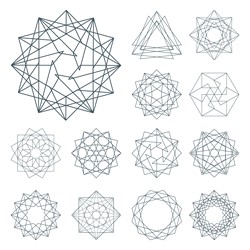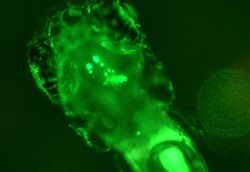New tools to solve partial differential equations
Isogeometric analysis (IGA) was introduced just a decade ago for the discretisation of partial differential equations, but it has already proven to be a powerful method. The basic idea is to combine computer-aided geometric design and finite element analysis. As a generalisation of standard finite element methods (FEMs), the new method has the ability to maintain the same description of the computational domain geometry throughout the analysis process. IGA has been shown to outperform FEMs in every numerical test that scientists have tried so far. However, for those working on complex engineering applications, the amount of work required to adapt existing codes needs to be carefully considered before undertaking such a task. Against this backdrop, the GEOPDES(opens in new window) (Innovative compatible discretization techniques for partial differential equations) project was devoted to the development of software tools for research on IGA. The GEOPDES software suite is designed to serve as a starting point for scientists who wish to become familiar with the practical issues involved in implementing IGA. By decoupling as much as possible the various aspects of IGA-related algorithms, it also allows users to test their ideas without having to deal with issues that fall outside their field of expertise. Importantly, it is meant to be used as a testing tool for new IGA algorithms. To help in the sharing of new ideas on IGA among scientists from different fields, GEOPDES has been implemented in an interpreted language, the Matrix Laboratory (MATLAB). Moreover, to maximise its accessibility, it has been optimised to work in the free Octave interpreter. The software has been made available here(opens in new window). Since the first release, GEOPDES has been updated from time to time, either to add new features to the original code or to fix bugs.







